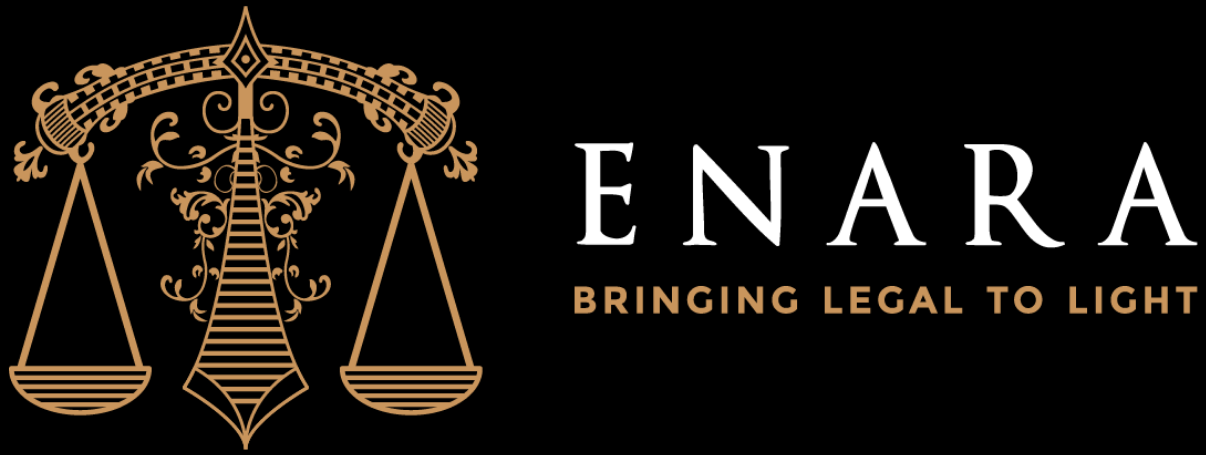
Trademark infringement is an unauthorized or illegal use of a hallmark or service mark of a source or beneficiary company for personal gains and profit by another person or entity by deceiving the original source or product. This phenomenon nowadays in the marketing business is growing rapidly.
Trademarks are recognizable images, phrases, or combinations that serve to distinguish one particular company, good, or service. They are types of intellectual property that set certain companies’ products apart from those of their competitors in the market. Trademarks enable people to recognize businesses and their specially designed goods and services, whether they are words, phrases, or recognizable graphics and logos.
Understanding how trademarks operate and what rights and alternatives you have when a defense is raised is essential to defending your business, whether you’re a small-time entrepreneur with huge objectives, a fast-growing startup, or an established corporation.
The consumer population may suffer as a result of the infringement of goods or services. You can’t rely on the product or service’s dependability and effectiveness because doing so can put both sellers’ and consumers’ socioeconomic status at risk.
Now there are strict laws to overcome this kind of situation which contains trademark infringement. Laws at the state and federal levels regulate trademarks. The primary method of protection for trademarks was initially stating common law. But in the late 1800s, the U.S. First federal trademark legislation was passed by Congress.
Since that time, the scope of federal trademark law has steadily increased, displacing a large portion of the state common law’s original coverage. Since then, federal trademark law has steadily grown, displacing a significant portion of the territory originally governed by state common law. The Lanham Act, which was passed into law in 1946 and most recently revised in 1996, is the fundamental federal statute.
Whether a company is suing or is being sued for trademark infringement, the legal process can be very expensive and time-consuming for both parties. To avoid having to deal with this difficulty in the future, it is crucial for brands to adopt the appropriate preventive actions to make sure they aren’t stealing from an established brand and to safeguard their original trademarks.
If you do discover a trademark infringement, it is critical to take action right away. When it comes to protecting your brand, timely and effective action is the key because infringements can be damaging to your business’s reputation.
As soon as you become aware of an infringement, get in touch with your legal team or seek out professionals who can handle it for you. Legal penalties and sanctions can be one approach to stop the act from continuing to infringe on your trademark, even though the legal process may take some time.
In this globalization era, there are certain risks associated with marketing but Now most countries have bilateral and legal laws against trademark infringement and they are working properly to prevent the socioeconomic losses of both consumers and providers. If you encounter infringement like this please report it to respective authorities for the benefit of a global society.
